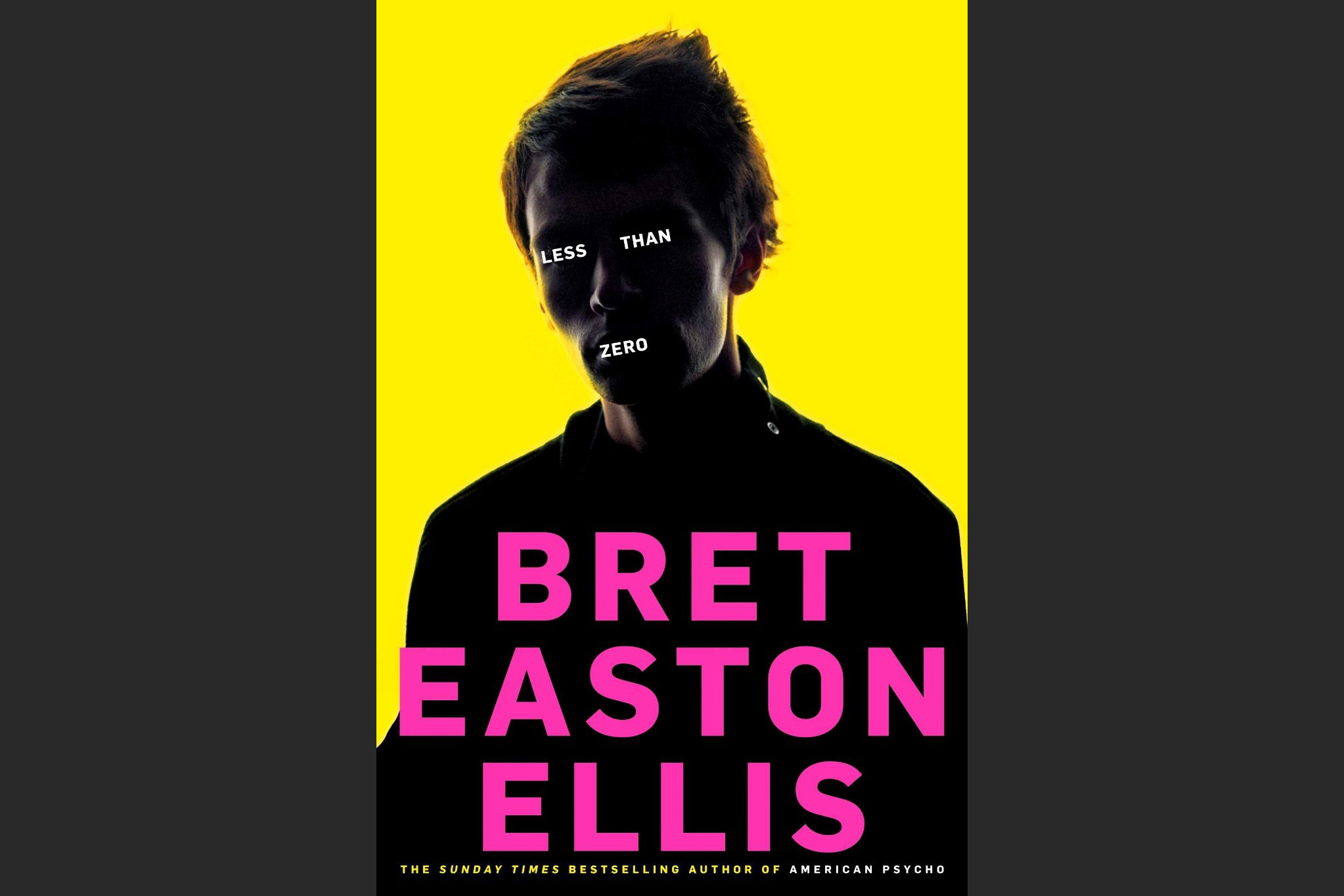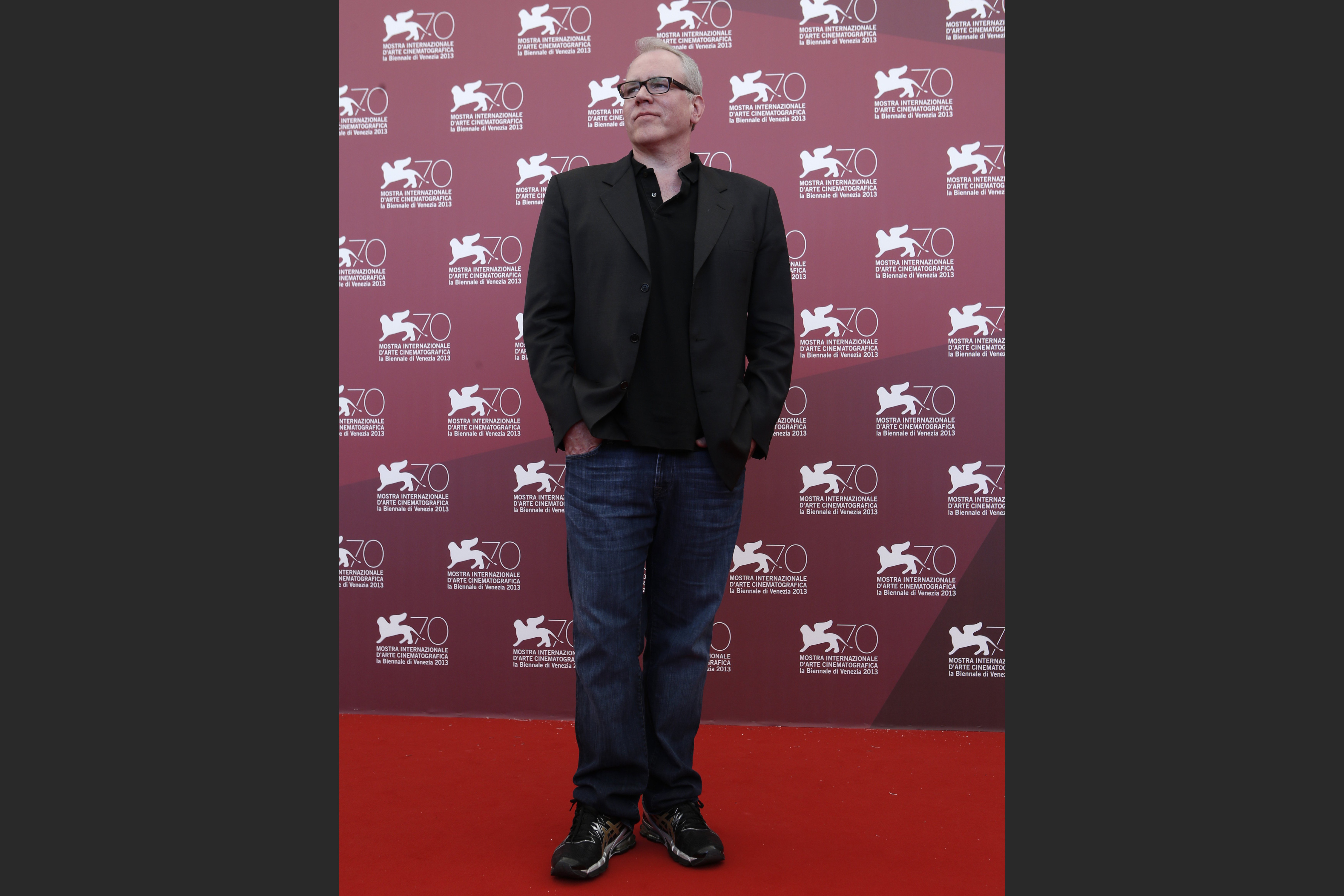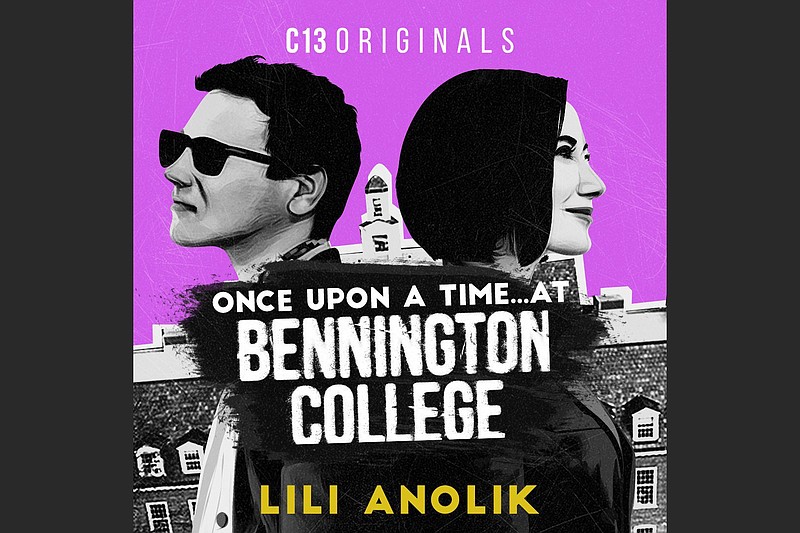In May 2019, Esquire magazine published "The Secret Oral History of Bennington: The 1980s' Most Decadent College" by Lili Anolik.
It was a deliciously gossipy, sex-and-drugs-and-literature plunge into the cloistered, creative world of the ultra-liberal Vermont school and its most famous MTV-era students -- Bret Easton Ellis, whose novel "Less Than Zero" would be published his junior year; novelist Donna Tartt, future author of "The Secret History," "The Little Friend" and the 2014 Pulitzer Prize-winning "The Goldfinch" and future "Fortress of Solitude" author and MacArthur Foundation "genius" grant winner Jonathan Lethem, all class of '86 (though Lethem never graduated).
This trio is surrounded by similarly fascinating supporting characters that include, among others, Brix Smith, who would drop out freshman year and become lead guitarist of British postpunk champs The Fall (she also married Fall founder Mark E. Smith); writer David Lipsky; "Bright Lights, Big City" author Jay McInerney; "From Rockaway" author Jill Eisenstadt and teachers Joe McGinnis, Nicholas Delbanco, Arturo Vivante and Claude Fredericks.
Now Anolik, a contributing editor at Vanity Fair, has expanded her oral history into a 14-episode podcast, "Once Upon a Time ... at Bennington College," from C13 Originals. New installments, each about an hour long, have been debuting every Wednesday since Sept. 29 and include much more detail than the magazine piece as Anolik zeroes in mostly on Tartt and Ellis.
It's a riveting listen for those drawn to this highly specific time and place in American literature and pop culture — the '80s-era Bennington campus cast as Cafe Du Dome in the '20s, the Lost Generation meets Generation X. Anolik not only delves into the real-life inspirations that may have made their way into Tartt's and Ellis' fiction, but also the authors' first steps at transforming their own identities at Bennington.
 “Less Than Zero’ by Bret Easton Ellis made quite a splash when it was published in 1985. Ellis is an alumni of Vermont’s Bennington College, whose class is the subject of a podcast by Lili Anolik.
“Less Than Zero’ by Bret Easton Ellis made quite a splash when it was published in 1985. Ellis is an alumni of Vermont’s Bennington College, whose class is the subject of a podcast by Lili Anolik.
Not surprisingly Ellis was a willing participant in the article and the podcast, dishing openly not just on himself and others but also about specific scenes and characters in "Less Than Zero" and their influences.
Tartt, on the other hand, rarely grants interviews, does not use social media and refused to take part in the story and the podcast.
According to a report by Page Six, Tartt's agent last month asked Apple to take it down (Apple did not comply) and her lawyer sent two letters to the producers warning against the use of any "'false, misleading or otherwise inaccurate statement' about Tartt that could be made by guests" and against "using any of Tartt's published works without permission, or any of her private school records."
Tartt has also long refused to give up any real-life connections in her work. A recent New Yorker essay about Fredericks, the Bennington instructor, aesthete, poet and self-chronicler, prompted a response to a fact-checking inquiry from Tartt in which she denied that he was the inspiration for Julian Morrow, the classics professor and Svengali figure to a small group of mysterious, anachronistic and ultimately murderous students in "The Secret History."
Tartt's public reticence is reminiscent of one of her heroes, Arkansas native Charles Portis, author of "True Grit," "Dog of the South," "Masters of Atlantis" and others, who generally avoided interviews (in 2004 she wrote an Afterword to a new edition of "True Grit").
Anolik digs into the backgrounds of Los Angeles-born Ellis, a movie fanatic, Joan Didion fan and indifferent prep-school student whose high school girlfriend was the daughter of Hollywood producer John Foreman; and Tartt, a precocious misfit who grew up devouring books in Grenada, Miss.
Ellis left L.A. for Bennington right out of high school; Tartt transferred after a year at Ole Miss, where she studied under Willie Morris and Barry Hannah.
 Bret Easton Ellis was a hot commodity in the late 1980s, early 1990s, following the release of his novel, “Less Than Zero,” that was later made into a movie starring Robert Downey Jr. (AP file/David Azia)
Bret Easton Ellis was a hot commodity in the late 1980s, early 1990s, following the release of his novel, “Less Than Zero,” that was later made into a movie starring Robert Downey Jr. (AP file/David Azia)
Both Tartt and Ellis arrived at Bennington as full-blown literary prodigies. The budding novelists quickly attracted attention on campus and Anolik explores how they developed in the creative, competitive, louche hothouse atmosphere of Bennington.
We learn of Ellis, who became a campus rock star when "Less Than Zero" was published, grappling with his sexuality and his complex relationship with his father; how he outwardly presented a cool, stoned, West Coast indifference but all the while was beset with anxiety and working feverishly on "Less Than Zero." When the book is published in spring 1985 and becomes a phenomenon, the hard-partying Ellis' rock-star status is sealed, becoming tabloid fodder while still a student.
The petite, chain-smoking Tartt, with her impeccable manners and quick wit, held boozy tea parties in her dorm room. She was guarded about her past, and took to hanging around with four male classics students who studied with Fredericks and all dressed like something out of "Brideshead Revisited." She dated one of them, Paul McGloin, and adopted an androgynous look that included boy's suits and cropping her hair in a bob. Ellis compares her to Oscar Wilde. She also refused to follow the '80s trend of minimalism in literary fiction, a style Ellis used to striking effect to tell the disturbing, fragmentary story of bored, coked-up, oversexed, uber-rich L.A. teenagers in "Less Than Zero."
Tartt and Ellis became friends at Bennington. He read early versions of what would become "The Secret History" and was an avid champion of her work, eventually connecting Tartt with his agent, Amanda "Binky" Urban, who also represented heavyweights like Toni Morrison, Raymond Carver, among others. She dedicated the 1992 novel -- a riveting, elegant thriller about a murder at a small Vermont college that attracted casual readers and literary snobs alike and became a major bestseller — to Ellis and McGloin.
Anolik, whose 2020 podcast "Once Upon a Time ... in the Valley" was about underage porn actress Traci Lords, is a gifted writer and her reporting seems thorough. Her sources are myriad and often compelling. She finds Matt Jacobson, who may be the real-life inspiration for Edmund "Bunny" Corcoran, the obnoxious freeloader murdered by his friends in "The Secret History"; she also tracks down an old beau of Tartt's from Ole Miss.
She makes the case for "Less Than Zero" as a work of imagination rather than the slightly fictionalized reportage that some pearl-clutching reviewers supposed it was and tracing its lineage backward through Didion, Ernest Hemingway and Gertrude Stein.
Her tone is overly familiar and dishy, as if she's holding court in a corner at a cocktail party; she's also not opposed to occasional moments of self-reference or meandering off topic.
■ ■ ■
I'm a fan of Tartt's. I re-read her novels every few years and have been known to waste entire evenings Googling old interviews with her and looking for any new bits of information out there among the pixels.
I still own the 1986 "Less Than Zero" paperback I bought when I was 17 and remember how stunned I felt reading it for the first time, and it was written by a guy who was only a few years older than myself. I returned to it and its nihilism often. Probably too often when I was young.
I grew out of my infatuation with Ellis, though, after "American Psycho," his hyperviolent third novel and the one that really cast him as either an enfant terrible of American letters or a one-note self parody.
So this podcast — much like the 2019 oral history, whose tab has been open on one or another of my devices pretty much since it came out — has kept me enthralled. I'm 11 episodes in and simply can't look away.
If I'm honest I'm attracted, with just a twinge of envy, mostly to the stories about these curious people before they were famous and of how it reminds me of an era and certain fashions and, yeah, of youth. I can see how Anolik became obsessed with it all, even if her pursuit and her enthusiasm sometimes make me a little queasy.
And I imagine Donna Tartt, nattily dressed at her desk in New York, or in a tastefully appointed farmhouse somewhere, a pug at her feet, working on her next novel and ignoring all this noise.
